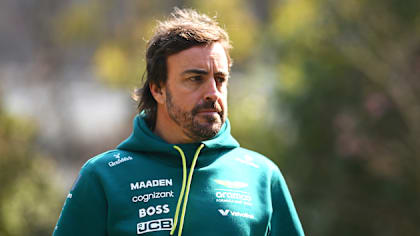When Max Verstappen takes to the grid in Australia he’ll be creating history. Not only will the 17-year-old Dutch rookie become the youngest man in F1 history to start a Grand Prix, he’ll also become the 12th son of a former driver to compete in the world championship. In anticipation, we analyse how the other 11 sons of famous racers fared when following in their father’s wheel tracks…
Hans-Joachim Stuck (son of pre-war Grand Prix ace Hans)
1 / 2
The handful of world championship races that Hans Stuck senior entered in the early 1950s didn’t amount to much, but his race-winning exploits for Auto Union in Grand Prix racing’s great pre-war era meant that son Hans-Joachim still had much to live up to when he stepped up to the sport’s premier class in 1974. Like his larger-than-life father, who in his colourful career was once rumoured to have won a hill-climb event driving backwards, Stuck junior proved himself a more than capable racer, achieving two F1 podiums in 1977 for Brabham. Ultimately, though, the German would achieve his greatest successes away from F1 racing, in particular at Le Mans where he twice triumphed in the famous 24-hour race.
David Brabham (son of three-time world champion Sir Jack)
1 / 2
If Hans-Joachim Stuck had a tough act to follow, that was nothing compared to David Brabham who had the unenviable task of trying to live up to the achievements of one of the most accomplished drivers in F1 history. Sadly, despite a stellar junior career that included winning the British F3 championship and the famed Macau Grand Prix, Brabham junior would never get close to emulating his dad’s F1 achievements. The Australian’s first foray came in 1990 with the team that bore his family name, though by this stage they were a mere shadow of the once mighty squad ‘Black Jack’ had set up, taken to world championship success and subsequently sold. A single 15th place finish was all David could manage in a torrid campaign and his final F1 outings, with minnows Simtek in 1994, were no better. Still, at least David was able to follow his father into F1 racing - older brother Gary made two attempts to pre-qualify for a Grand Prix with the lacklustre Life team in 1990, failing on both occasions...
Christian Fittipaldi (son of F1 veteran Wilson)
1 / 2
The older brother of two-time world champion Emerson Fittipaldi, Wilson Fittipaldi was never able to establish himself as an F1 frontrunner, but it looked like his son Christian might, especially after he won the prestigious F3000 title in 1991. Alas, it wasn’t to be. The Brazilian ended up spending just three seasons in Formula One racing, the first two with tail-enders Minardi and the third with the equally challenged Footwork squad. He departed to IndyCars in 1995, having scored 12 points (nine more than his dad) in 40 starts, but is probably best remembered for spectacularly back flipping across the finish line at Monza in 1993.
Damon Hill (son of double world champion Graham)
1 / 2
Graham Hill achieved just about all there was to achieve in Formula One racing, including winning two world titles and setting up his own team. Tragically he died in a plane crash before son Damon had begun his own motorsport career, and thus the younger Hill had to forge his own path to the top without the benefit of his debonair father’s considerable experience. Luckily Damon proved a chip off the old block and, like his dad before him, doggedly battled his way up the racing ladder and onto the F1 grid, despite extremely limited funding. Once there he became a regular race winner, and though to his disappointment he was unable to emulate his father’s multiple successes at Monaco, he did taste victory in Great Britain - a race win that had always eluded his dad. More importantly in 1996 he won the world title, establishing the Hills as the first - and as yet only - father and son world champions.
Michael Andretti (son of 1978 world champion Mario)
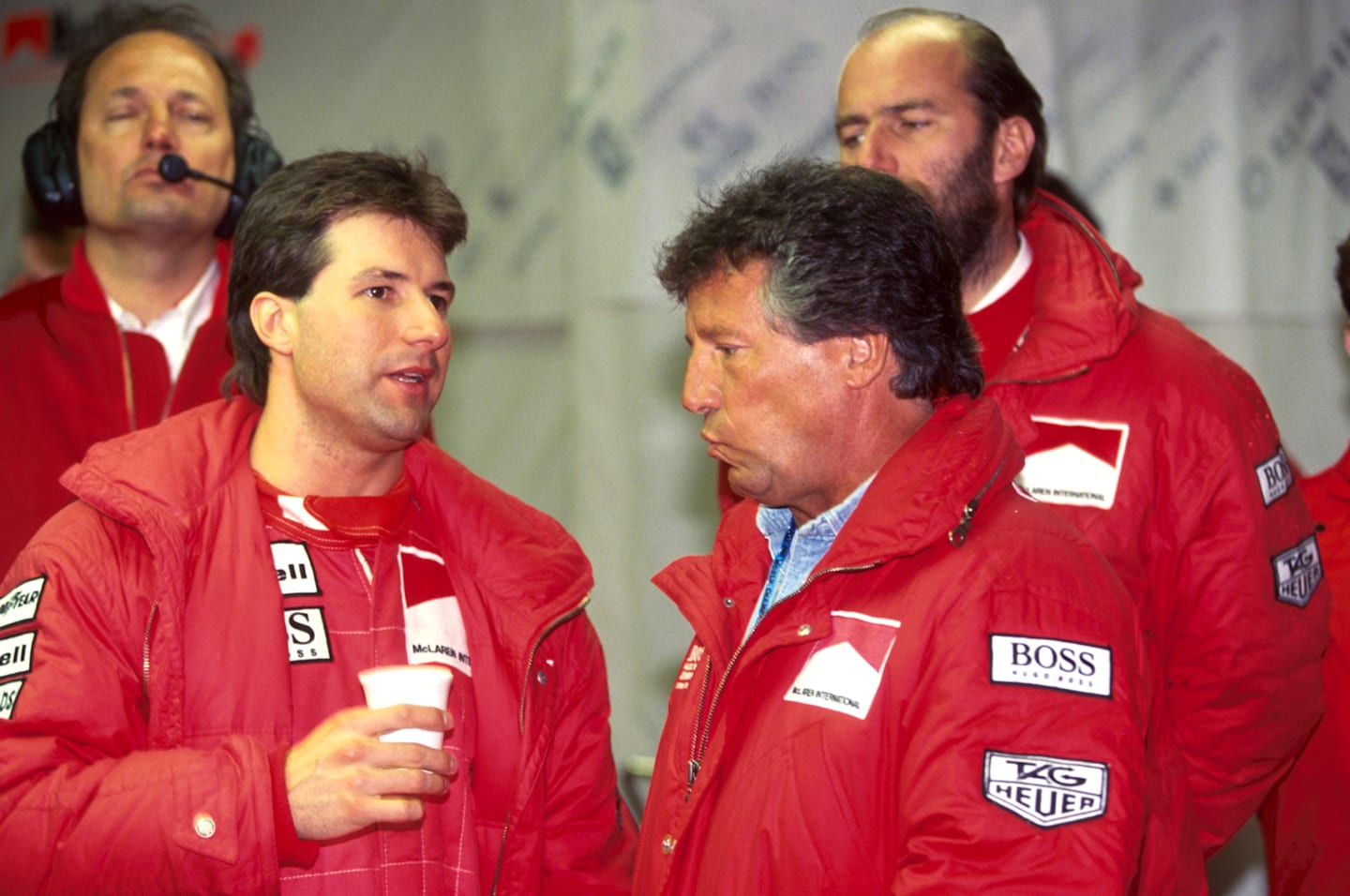
Michael Andretti (USA) Mclaren Ford with Mario Andretti (USA) European Grand Prix, Rd3, Donington Park, England, 11 April 1993.
At his peak Mario Andretti was one of the quickest and most versatile racing drivers on the planet, winning 12 Grands Prix along with endless races in IndyCar, Nascar and sportscars. Son Michael proved similarly quick, but had considerably more trouble than his father in adjusting to Formula One racing when he left his native United States to join McLaren in 1993. Paired with the great Ayrton Senna, Andretti junior struggled to get to grips with driving unfamiliar machinery on unfamiliar circuits, and despite eventually scoring a breakthrough podium at Monza - the first for an American in four years - he opted to quietly return home before the season was out.
Jacques Villeneuve (son of six-time Grand Prix winner Gilles)
1 / 2
The son of one of the most idolised and revered racers in F1 history, Jacques Villeneuve was always going to attract attention when he began his career in motor racing. To his credit the feisty French Canadian, who was just 11 when his flamboyantly talented father Gilles was killed during practice for the ’82 Belgian Grand Prix, dealt with the sky-high expectations superbly, using his illustrious surname to secure much needed sponsorship as he climbed the single-seater ladder, whilst always refusing to be anything other than his own man. When he graduated to F1 racing with Williams in 1996, having become the youngest winner of both the Indianapolis 500 and the IndyCar championship in 1995, the hype had reached fever pitch. But Villeneuve junior stood up to it impeccably, nearly winning his first race before going on to finish his debut season a close second in the standings. The following year he cemented his own place in F1 history, capturing the world drivers’ crown that many believed his father’s talent had so richly deserved.
Nico Rosberg (son of 1982 world champion Keke)
1 / 2
Keke Rosberg’s exuberant driving style and extraordinary commitment behind the wheel earned him a legion of loyal fans in the 1980s, not to mention world title success. As such there was a sense of palpable anticipation when the original flying Finn’s former team Williams promoted his son Nico to a race seat in 2006 following a prodigious rise through the junior ranks. Although considerably less spectacular than his father in approach, Rosberg junior immediately showed his potential with a solid drive from the back of the field to seventh place on his debut. But it wasn’t until some years later when he departed Williams for Mercedes and got his hands on more competitive machinery that he was able to show his true race-winning potential. Today, like his father, he’s regarded as one of the most gifted drivers of his generation, and is as well-placed as anyone to emulate his world title success.
Kazuki Nakajima (son of former Lotus racer Satoru)
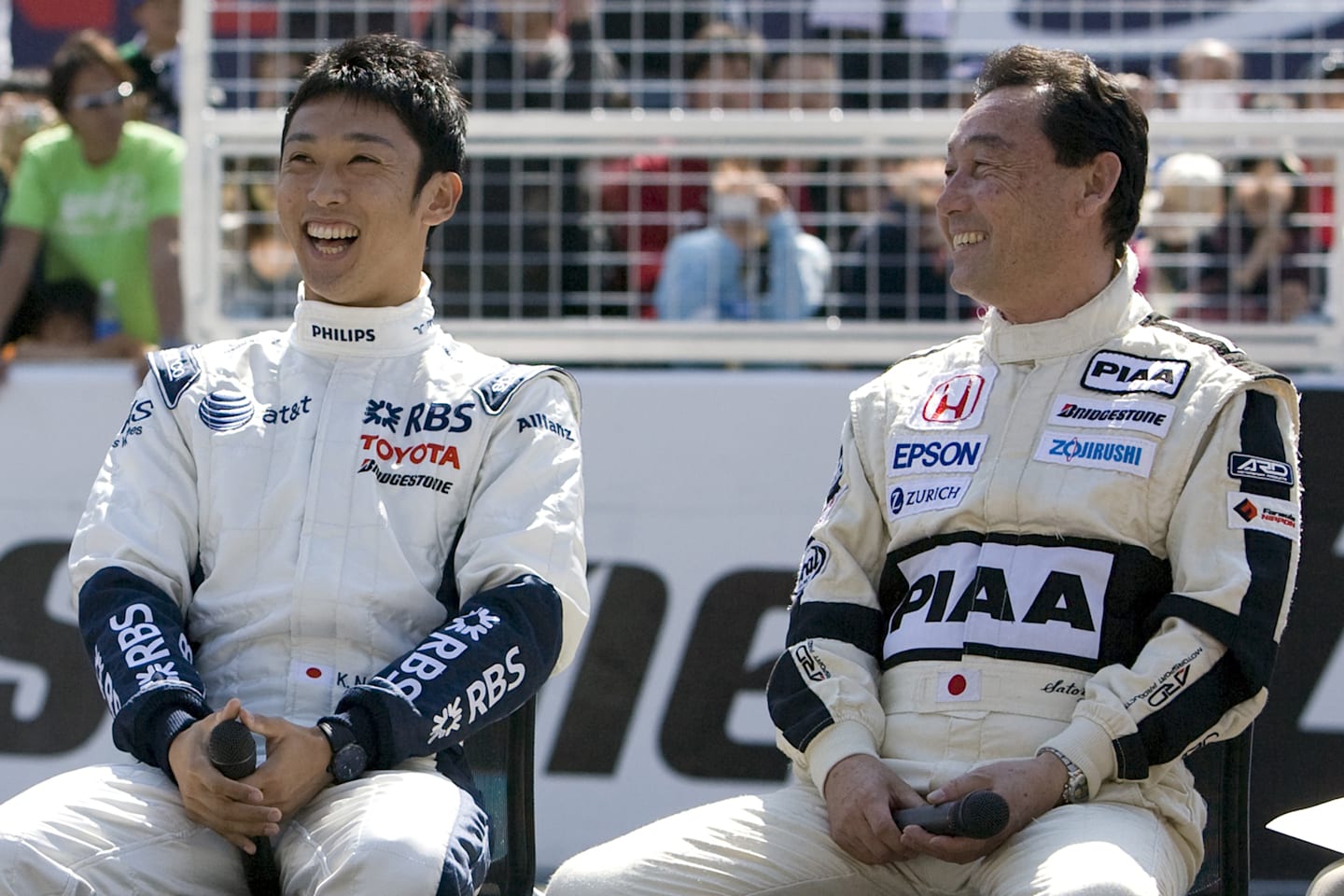
L-R: Kazuki Nakajima (JPN) Williams, and Satoru Nakajima (JPN), are interviewed on the grid. Suzuka Circuit Official Re-Opening, Suzuka, Japan, 12 April 2009.
Were it not for the trailblazing exploits of father Satoru, Kazuki Nakajima might never have raced in the top echelon of motorsport. Nakajima senior, who recorded ten top-six finishes in five seasons of Formula One racing, was the first of his countrymen to break out of Japan’s competitive domestic scene and establish himself as a regular on the F1 grid, and he did it all with the backing of Honda. It was somewhat ironic then when, 20 years later, son Kazuki landed a drive with Williams thanks largely to backing from Honda’s arch rivals Toyota. Unfortunately, Nakajima junior failed to make the impact his father had, and after scoring nine points over 36 Grands Prix he lost his seat when Williams’ Toyota engine deal came to an end.
Markus Winkelhock (son of F1 veteran Manfred)
1 / 2
A committed and often spectacular driver, Manfred Winkelhock racked up 56 Grand Prix starts for tail-enders ATS and RAM in the early Eighties before sadly losing his life in a sportscar crash in Canada in 1985. Son Markus’s F1 career was considerably shorter, lasting just 15 laps, but was no less memorable. Having qualified his Spyker dead last for the 2007 European Grand Prix at the Nurburgring, the German took a gamble and started the race on wet-weather tyres. The rain duly arrived and for six famously chaotic laps Winkelhock achieved something his father never did: he led a Grand Prix.
Nelson Piquet Junior (son of three-time world champion Nelson Senior)
1 / 2
Back in the late Eighties Nelson Piquet was one of the most celebrated drivers in Formula One racing, his hard-nosed approach having carried him to three world titles by the age of 35. Mindful that his son Nelsinho would have to endure endless comparisons when he began his own career in motorsport, Piquet senior did all he could to ensure the young Brazilian had the best chance possible to emulate his achievements, including helping to set up teams assembled specifically around his son’s growing talents. Piquet junior duly repaid his faith, winning the British F3 title in 2005 and finishing a close second to Lewis Hamilton in the GP2 Series in 2006. His reward was an F1 test contract with Renault in 2007, which became a race seat the following season. However, paired alongside two-time champion Fernando Alonso Piquet junior found the going extremely tough, with the only real highlight of a difficult season being an unlikely podium finish in Germany. He was retained for a further year by Renault, but left both the team and the sport under a cloud before the end of the year when details of the infamous Singapore ‘crashgate’ scandal - in which Piquet junior had been a reluctant participant - were revealed.
Kevin Magnussen (son of former McLaren and Stewart racer Jan)
1 / 2
Having broken Ayrton Senna’s long-standing win record as he waltzed his way to the 1994 British F3 title, much was expected of Jan Magnussen when he stepped up to F1 racing, with no lesser luminary than Sir Jackie Stewart hailing him as a world champion in waiting. But despite his obvious talents, a self-confessed lack of application led to the Dane being consigned to the F1 scrapheap aged just 25; a single point was all he had to show from 24 outings with McLaren and Stewart GP. In stark contrast to his father, Magnussen junior’s rapid ascent up the racing ladder owed as much to his hardworking attitude and disarming maturity as it did to his natural ability. These characteristics stood him in good stead when he, like his father, made his F1 debut with McLaren. But whereas Jan finished his maiden race in 10th, Kevin came home second, becoming the first Dane in history to stand on a Grand Prix podium.
So, what does Max Verstappen have to live up to?
1 / 2
Like son Max, Jos Verstappen was once hailed as the ‘next big thing’, though ultimately the Dutchman was never able to capitalise on the promise that had taken him to two podiums in his 1994 debut season with Benetton. ‘Jos the boss’, as he was known to the legion of orange-clad fans who followed his fortunes around the world, went on to score 17 points over 106 race starts for the likes of Tyrrell, Stewart and Arrows, though he’ll no doubt be hoping that his son, whose mother was also a successful kart racer, not only gets to drive more competitive cars than he did but enjoys considerably more success…

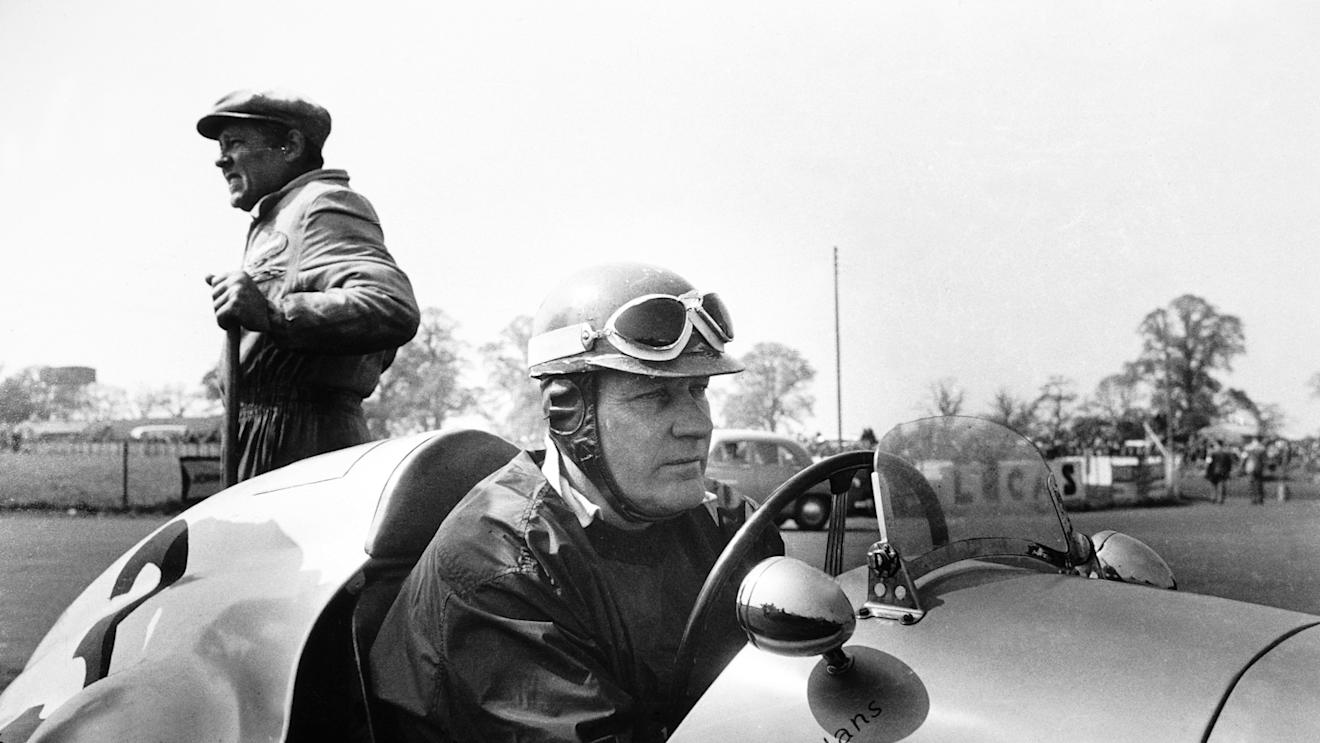
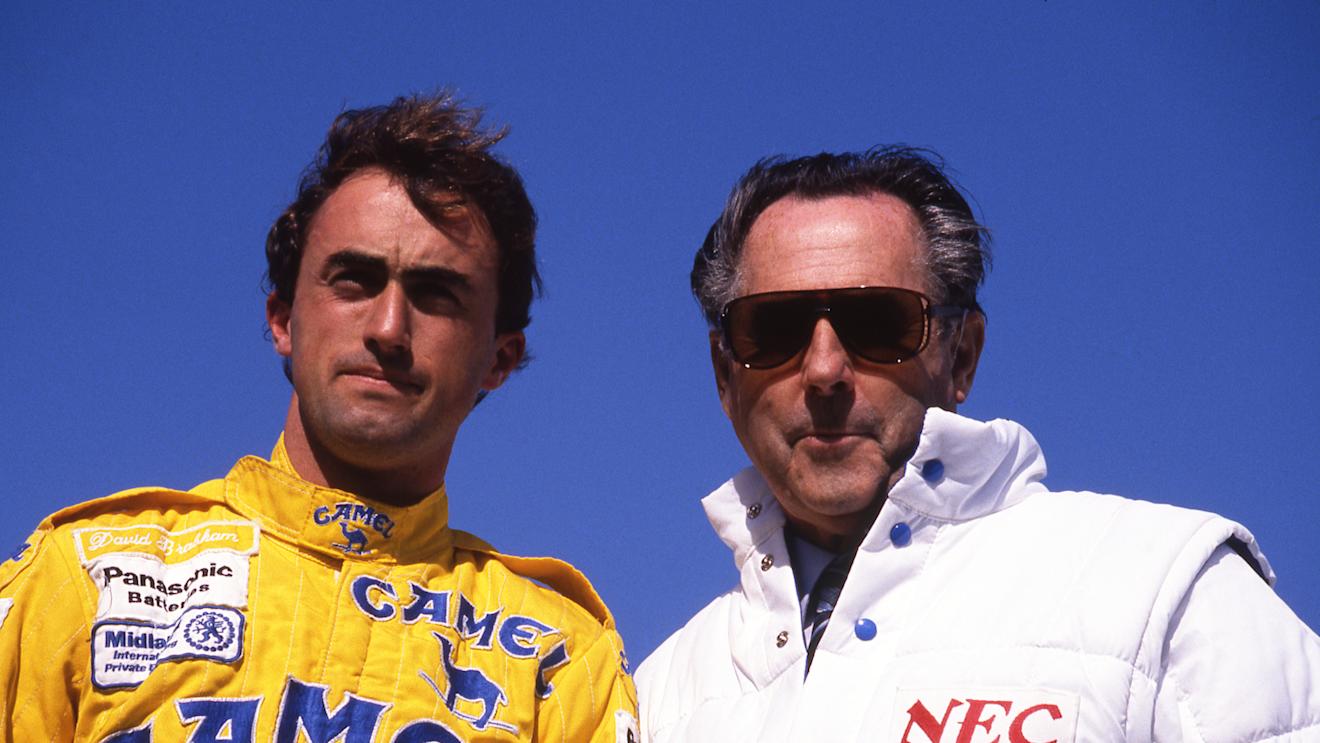
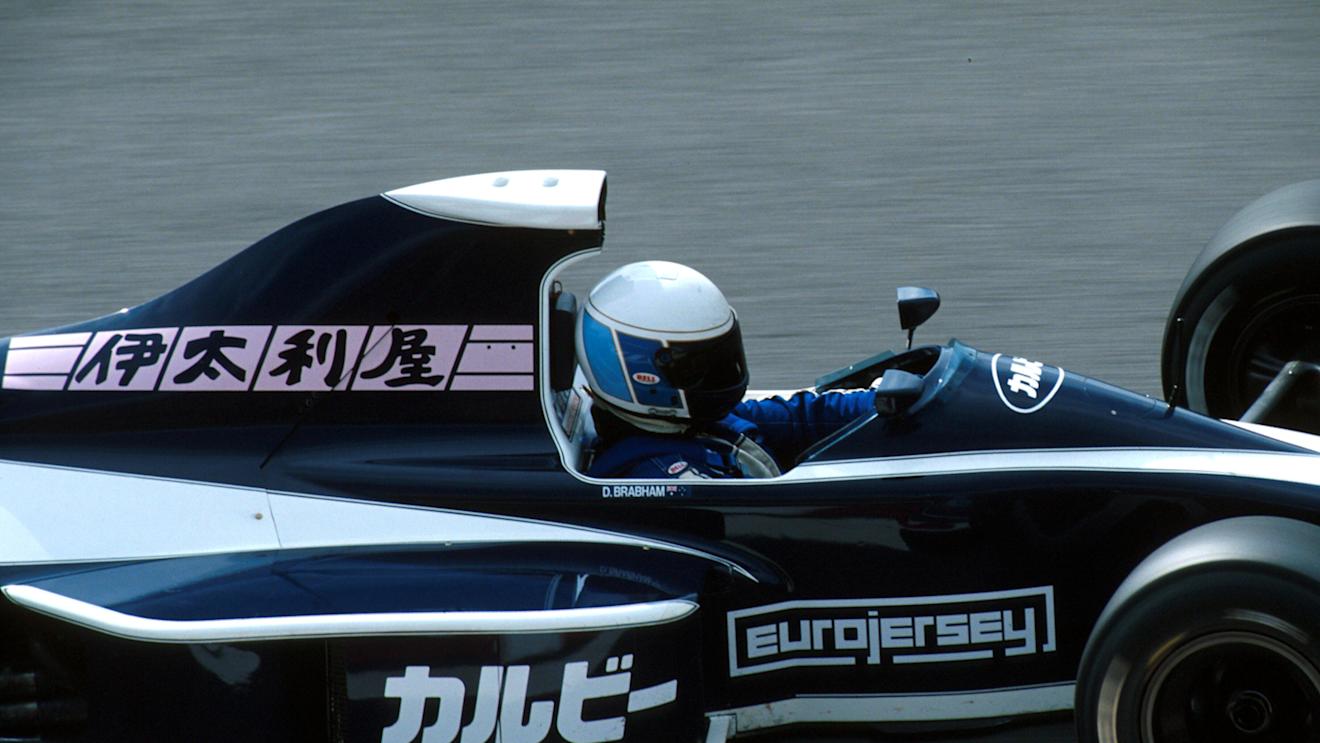
)
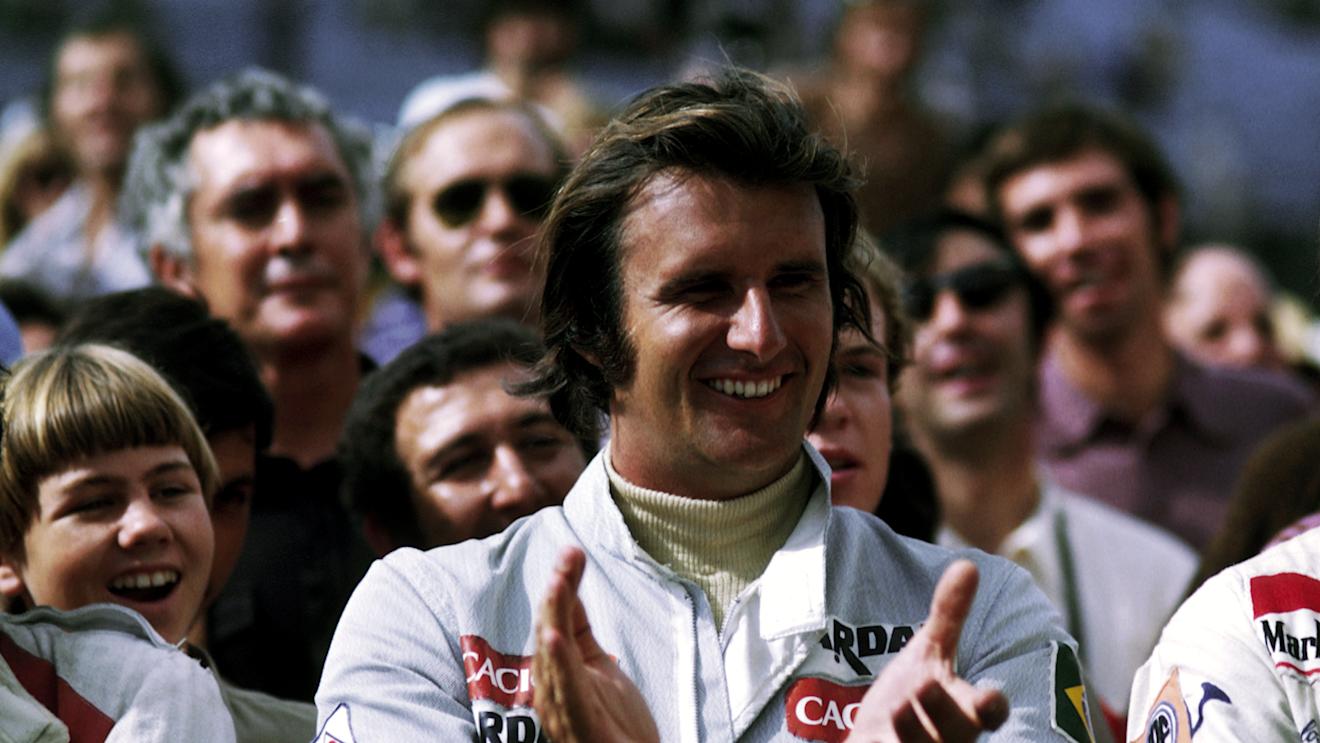
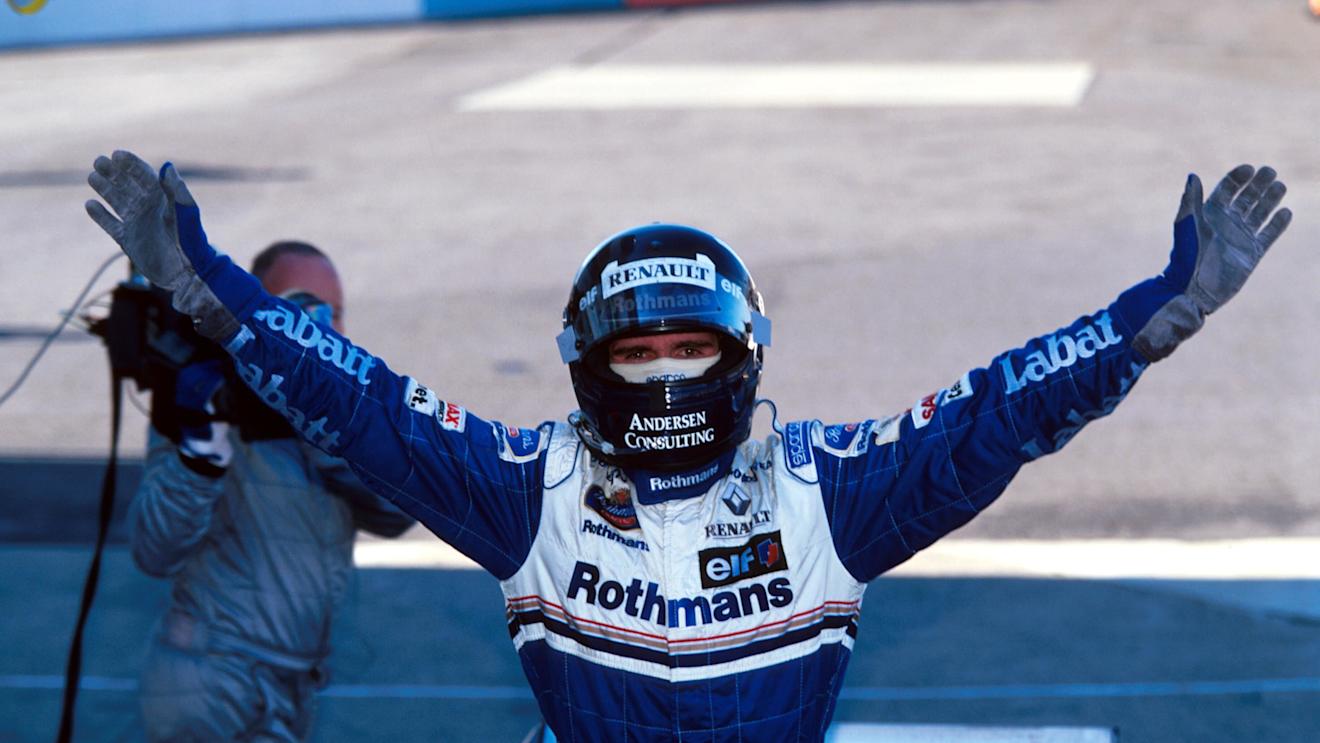
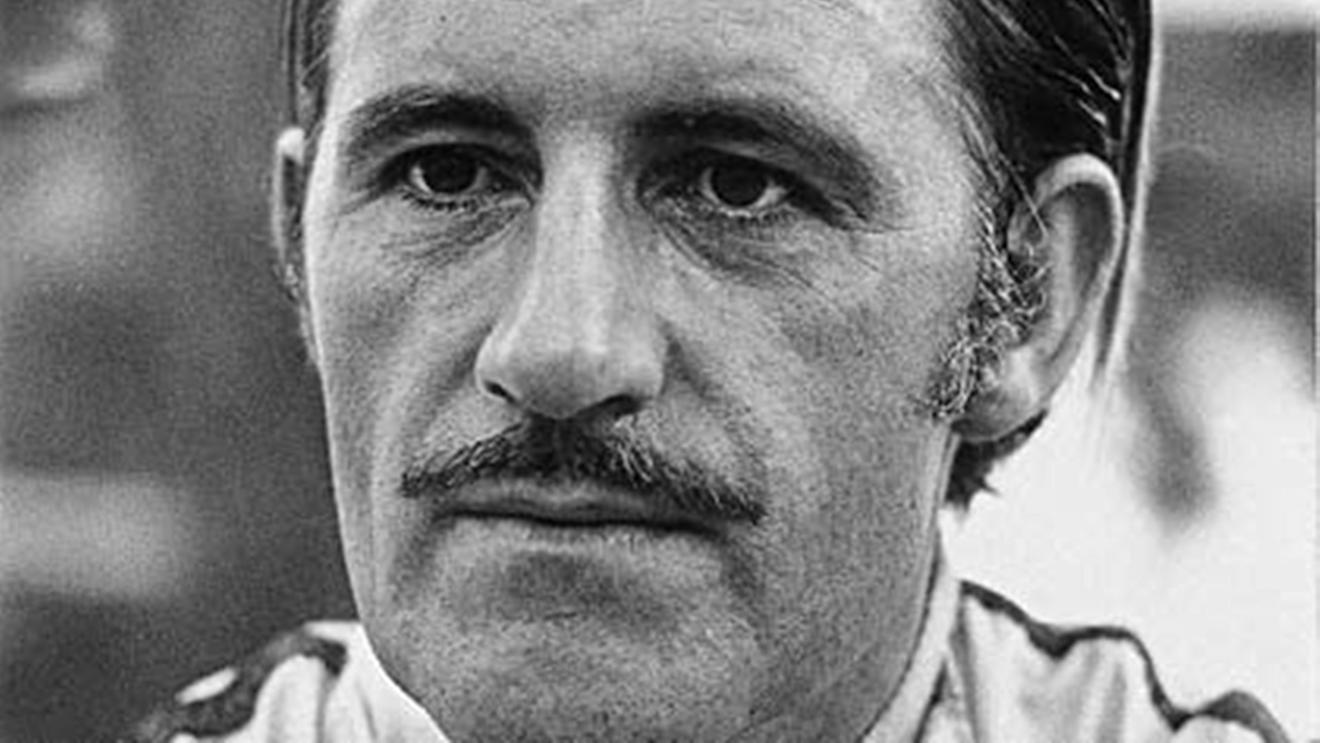
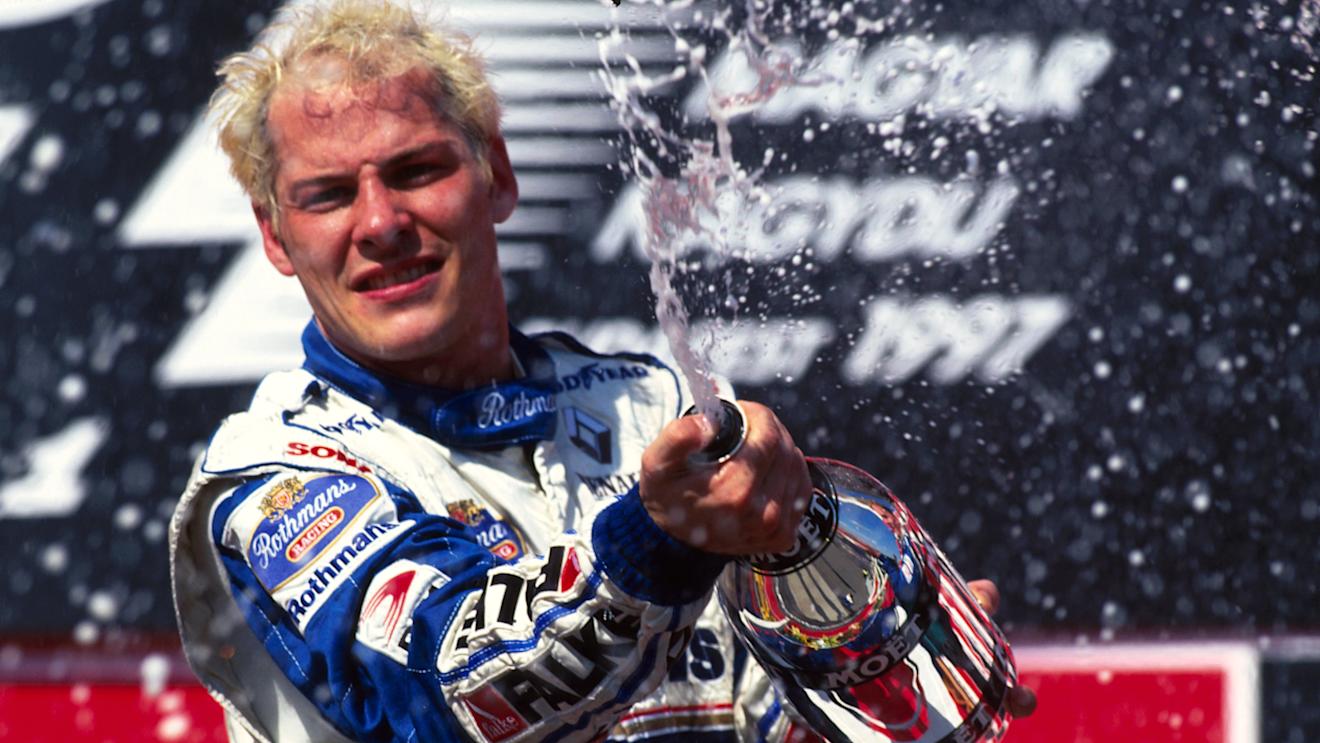
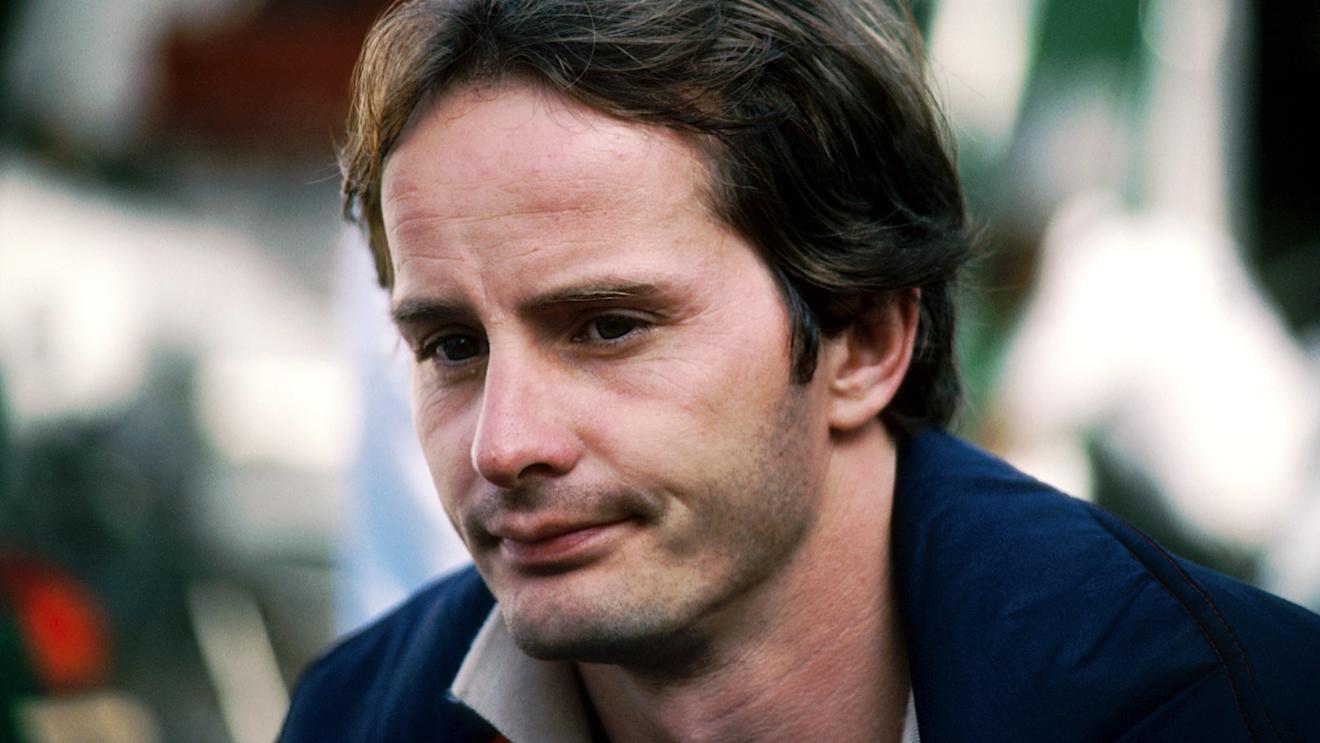
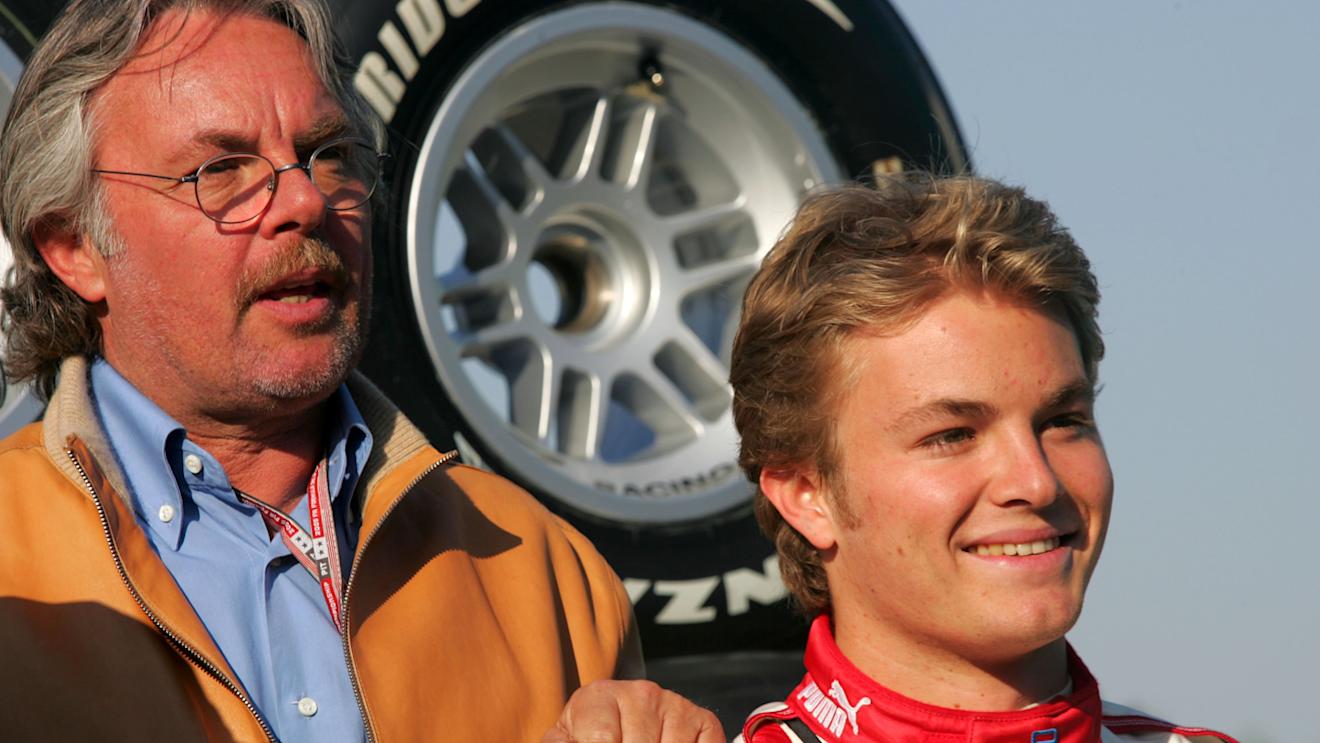


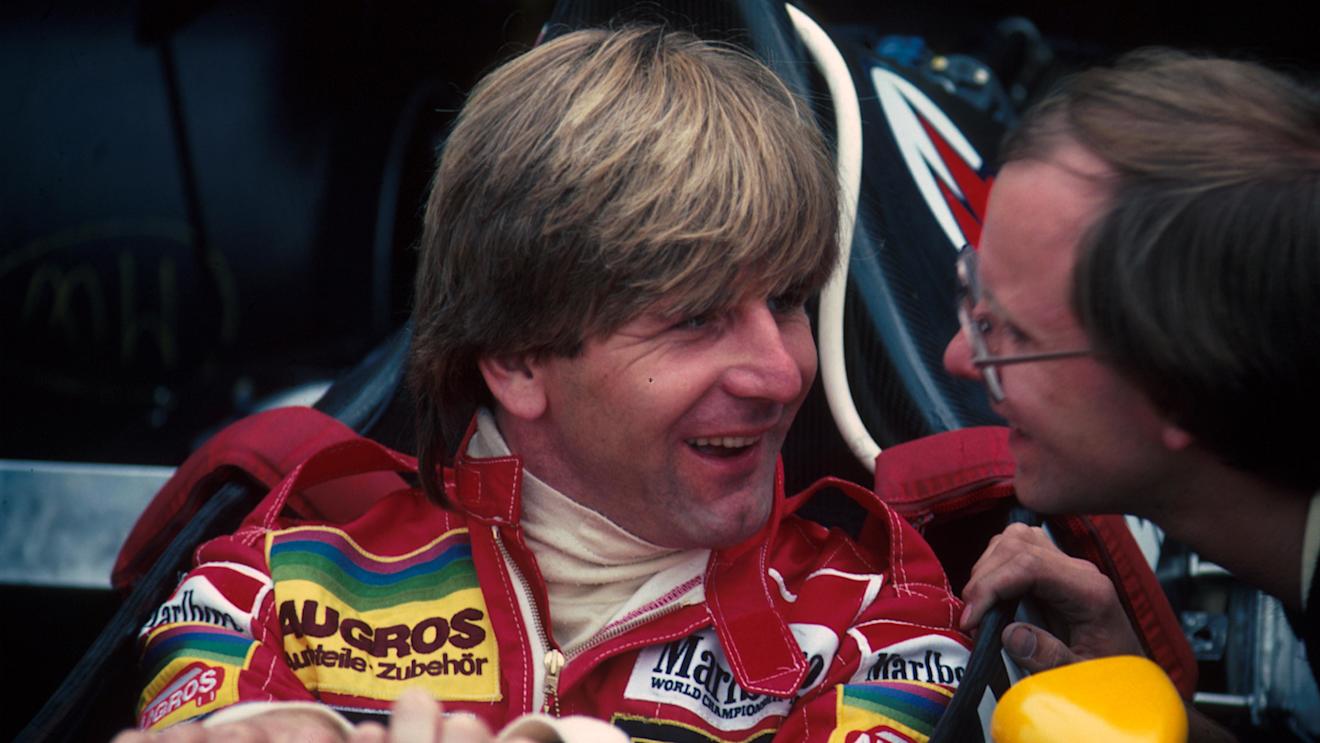
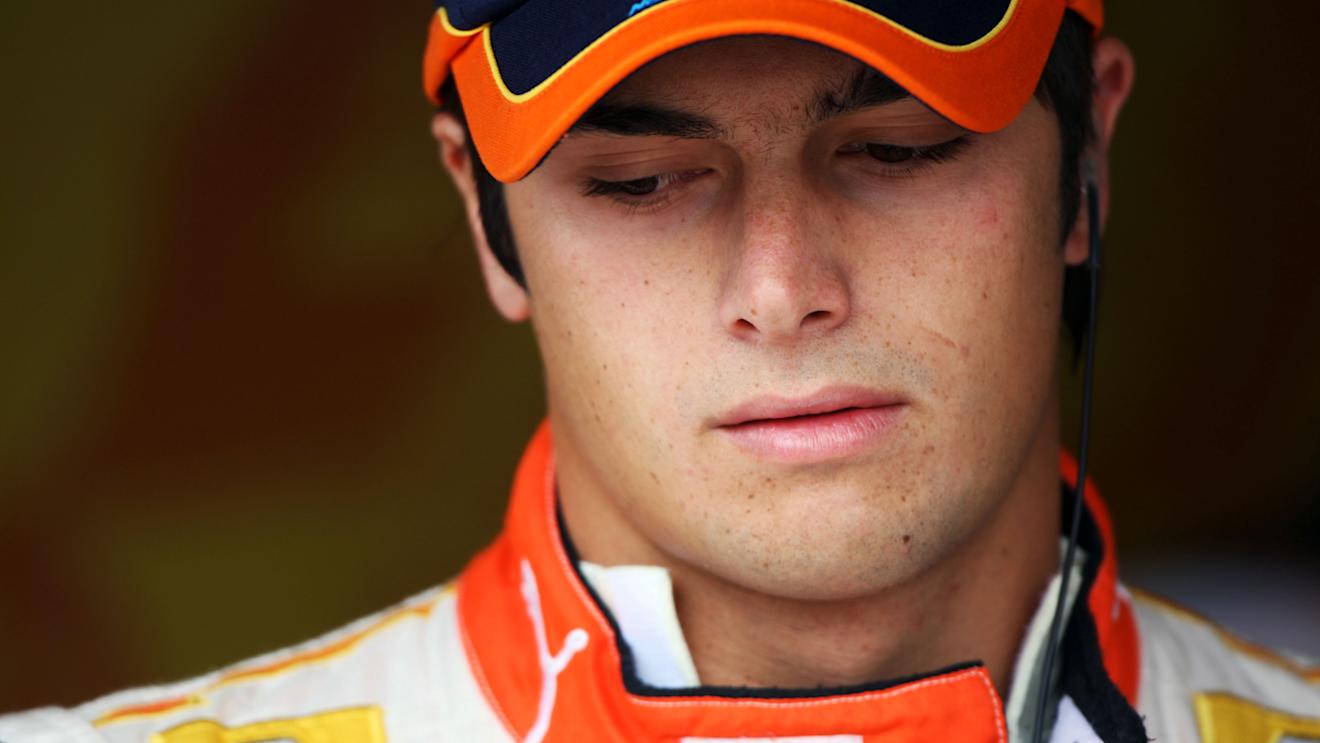
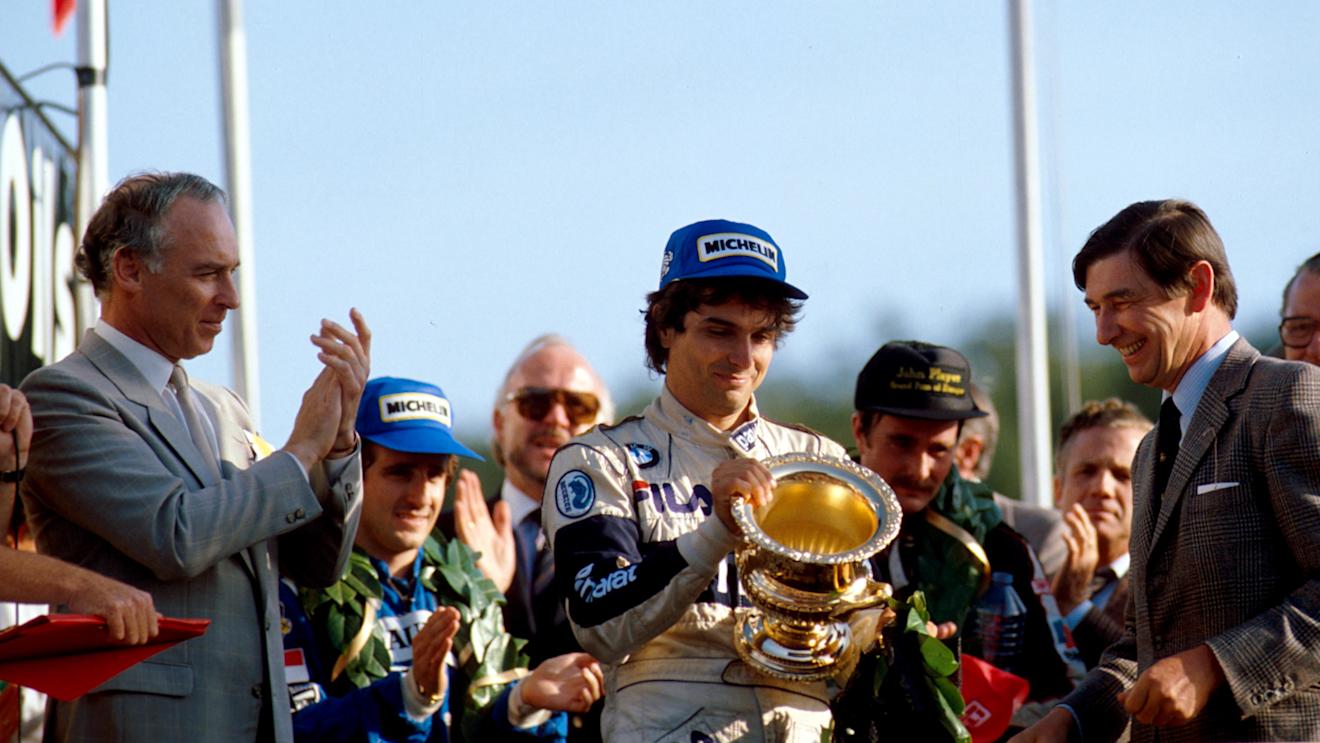
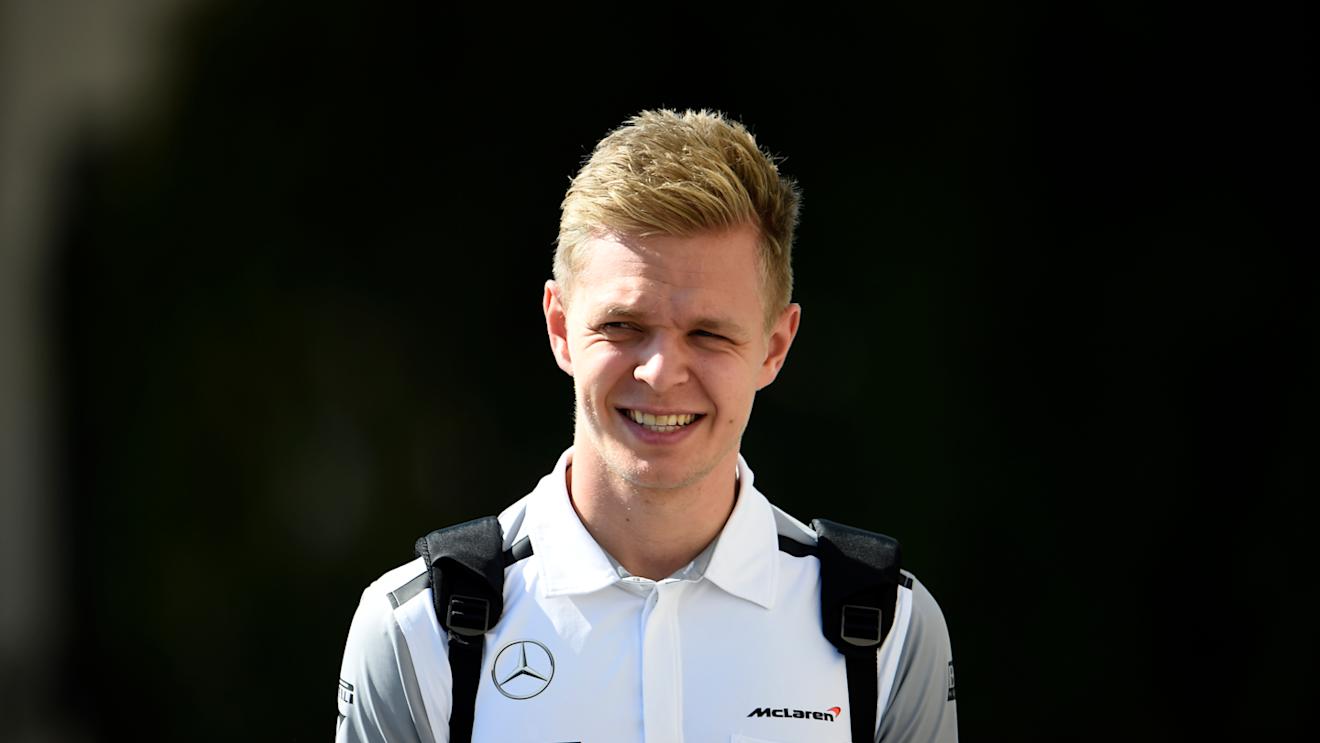

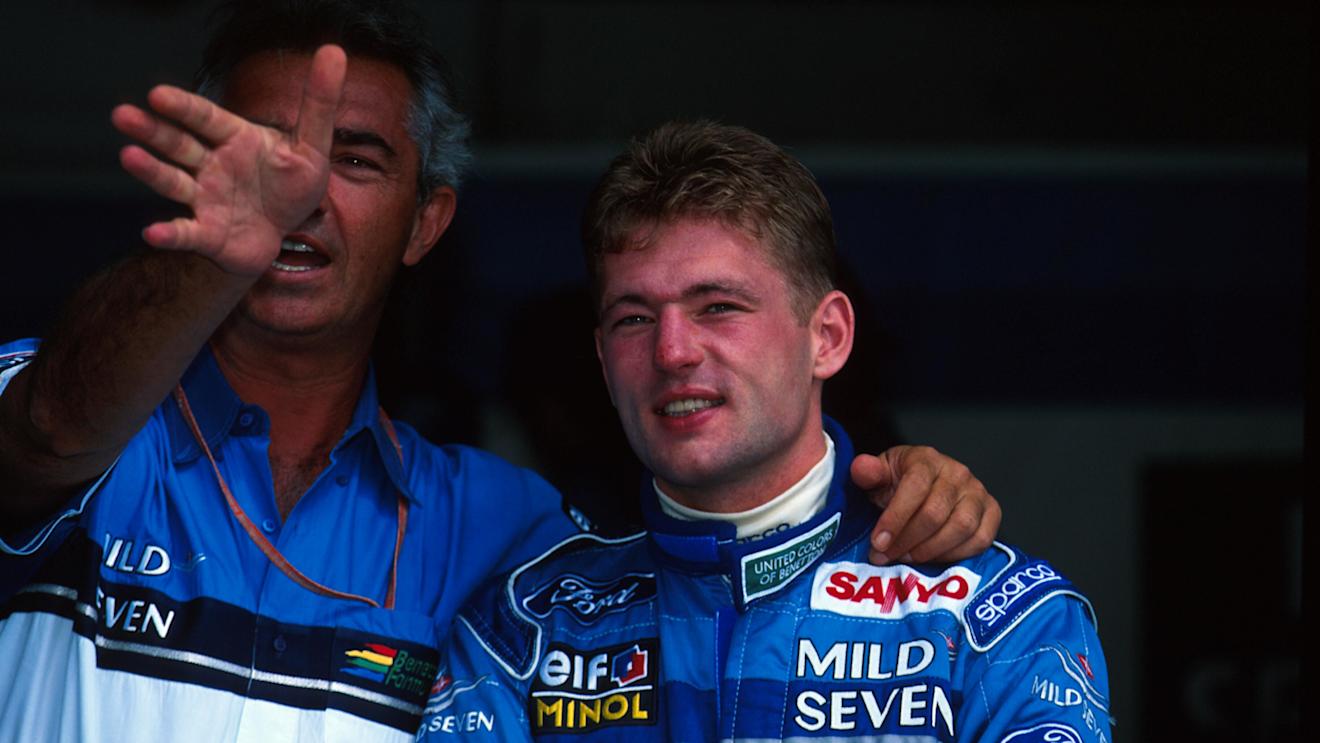
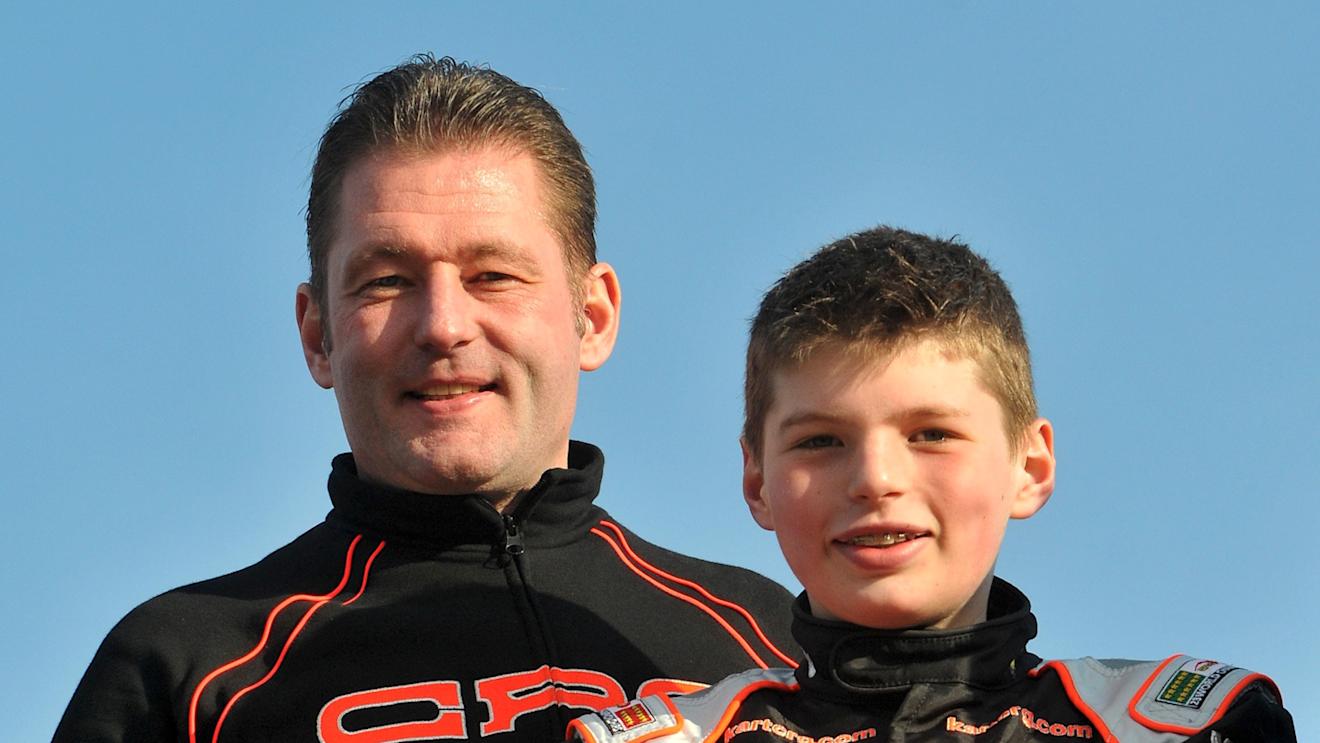
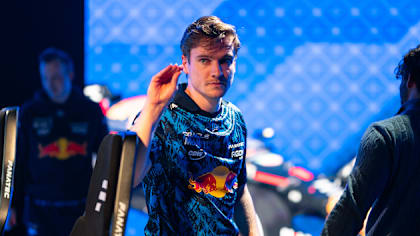
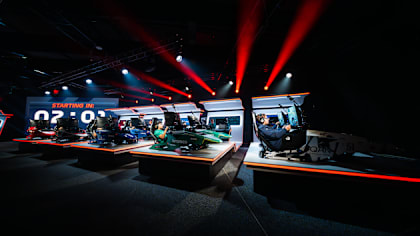
/EAS_F1_25_ICONIC_ED_3840x2160_StandingPose%20(1))
